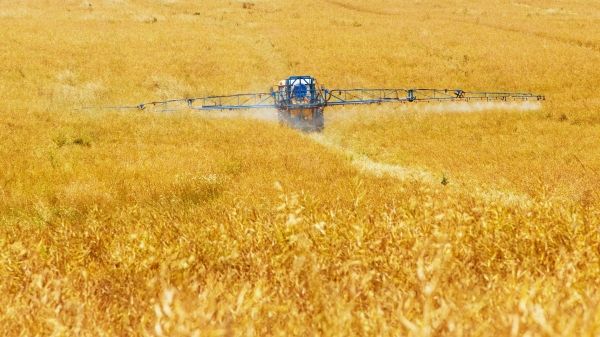Reducing fossil fuel use is essential to stopping climate change, but that goal will remain out of reach unless global agriculture and eating habits are also transformed, according to new research from the University of Minnesota and University of Oxford.
A paper recently published in the journal Science reveals that emissions from global food production alone could lead to a global temperature increase of more than 1.5°C by mid-century and of nearly 2°C by the end of the century, even if emissions from fossil fuels were to end immediately. The study also identifies the need for large and rapid improvements in farming practices, as well as changes in what we eat and in how much food we waste, to help achieve the Paris Agreement’s goal of limiting global temperature increases to 1.5°C or 2°C.
“Our work shows that food is a much greater contributor to climate change than is widely known. Fortunately, we can fix this problem by using fertilizer more efficiently, by eating less meat and more fruits, vegetables, whole grains and nuts and by making other important changes to our food system,” said Jason Hill, professor in the Department of Bioproducts and Biosystems Engineering in the University of Minnesota’s College of Food, Agricultural and Natural Resource Sciences and College of Science and Engineering.
Read more at: Universitry of Minnesota
Photo Credit: PublicDomainPictures via Pixabay


